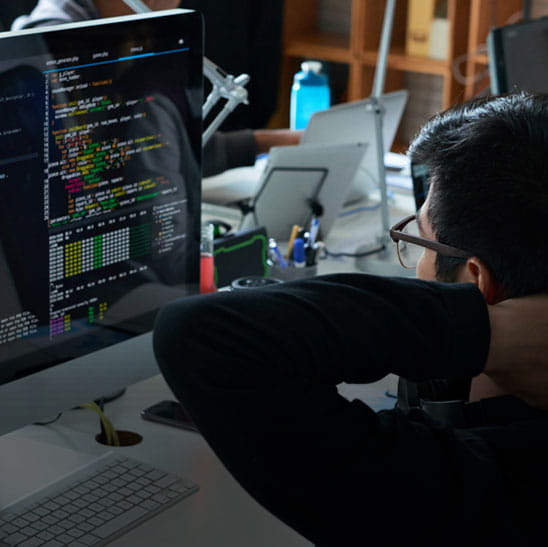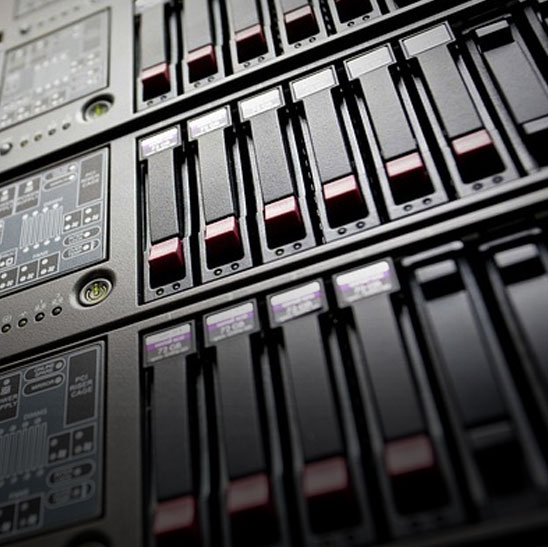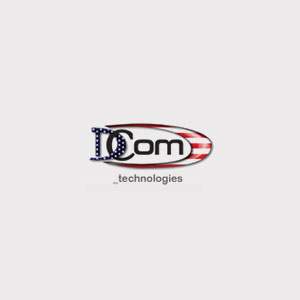Overview:
As we approach 2025, AI and machine learning are poised to revolutionize the field of Search Engine Optimization (SEO). While SEO has long been driven by keyword optimization, backlinks, and user experience, the integration of advanced AI technologies will significantly alter the way businesses and marketers approach search engine rankings. Here's a 500-word overview of how AI and machine learning will transform SEO in 2025.
1. Smarter Search Algorithms
Search engines like Google have already incorporated machine learning algorithms, such as RankBrain and BERT, to better understand search queries and provide more relevant results. By 2025, AI will play an even more critical role in how these algorithms process information. Natural language processing (NLP) will continue to evolve, enabling search engines to understand context, intent, and nuances within search queries more accurately. This will reduce the reliance on exact keywords and improve the way content is ranked based on relevance rather than just keyword matching.
2. Personalized Search Results
With AI, personalized search experiences will become more precise. Search engines will analyze user behavior, preferences, and historical data to deliver tailored results. This means SEO strategies will need to adapt to cater to not just general queries but also user-specific needs. Marketers will need to focus on creating hyper-relevant content for various user segments, ensuring their websites meet the individual search criteria of different audiences. Personalization will push businesses to focus on delivering a more engaging and useful experience for each unique user.
3. Enhanced Content Creation
AI-powered content tools, such as GPT-4 and similar language models, will make content creation faster, more efficient, and of higher quality. These tools will help marketers generate content ideas, write articles, and even optimize them for SEO, ensuring it meets the expectations of both search engines and users. In 2025, we will see AI-driven content platforms that understand what type of content resonates with target audiences, thus allowing marketers to produce highly effective content at scale.
Moreover, machine learning will enable automated content optimization by identifying patterns in successful content, suggesting topics, and fine-tuning titles and meta descriptions for better rankings. This will reduce manual effort and streamline the content creation process, allowing businesses to focus more on creativity and less on optimization.
4. AI-Driven User Experience Optimization
Machine learning algorithms will help SEO professionals optimize websites by analyzing user interactions, bounce rates, and session durations. By 2025, AI tools will provide deeper insights into user behavior, allowing businesses to make data-driven decisions to improve website design, loading speed, mobile responsiveness, and overall usability. Better UX will directly impact SEO performance as search engines continue to prioritize sites that provide a seamless, engaging experience for visitors.
5. Voice Search and Conversational AI
Voice search is growing in popularity, and by 2025, it will become a dominant factor in SEO. As AI-driven virtual assistants like Siri, Alexa, and Google Assistant become more advanced, the way people search will shift toward conversational language. SEO will need to adapt to long-tail keywords and natural language queries. Optimizing for voice search will require websites to focus on concise, direct answers and local SEO, as voice search is often location-specific.
6. Predictive SEO and Automation
AI and machine learning will make predictive analytics a powerful tool for SEO. By analyzing vast amounts of data, AI can forecast trends and changes in search algorithms, helping businesses stay ahead of the competition. Automation will also streamline repetitive SEO tasks, such as keyword research, backlink analysis, and ranking tracking. Marketers will leverage AI to make data-driven decisions faster and with more accuracy, enhancing the efficiency of SEO campaigns.
Conclusion
By 2025, AI and machine learning will be at the heart of SEO strategies. From smarter algorithms and personalized search results to content automation and enhanced user experiences, these technologies will make SEO more intuitive, efficient, and effective. Businesses that embrace these advancements will gain a competitive edge, ensuring their online visibility and relevance in an increasingly AI-driven digital landscape.


.webp)







